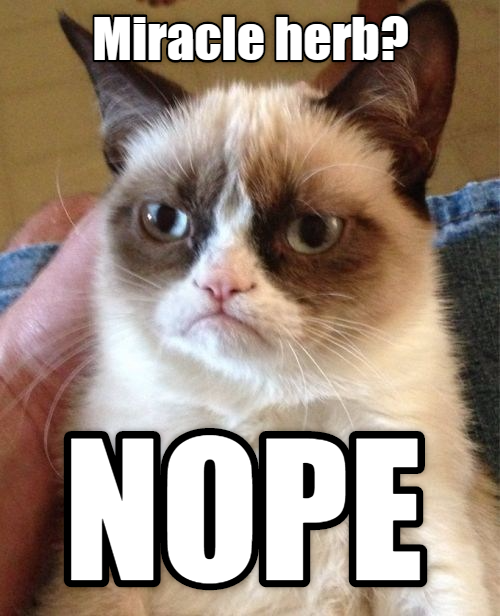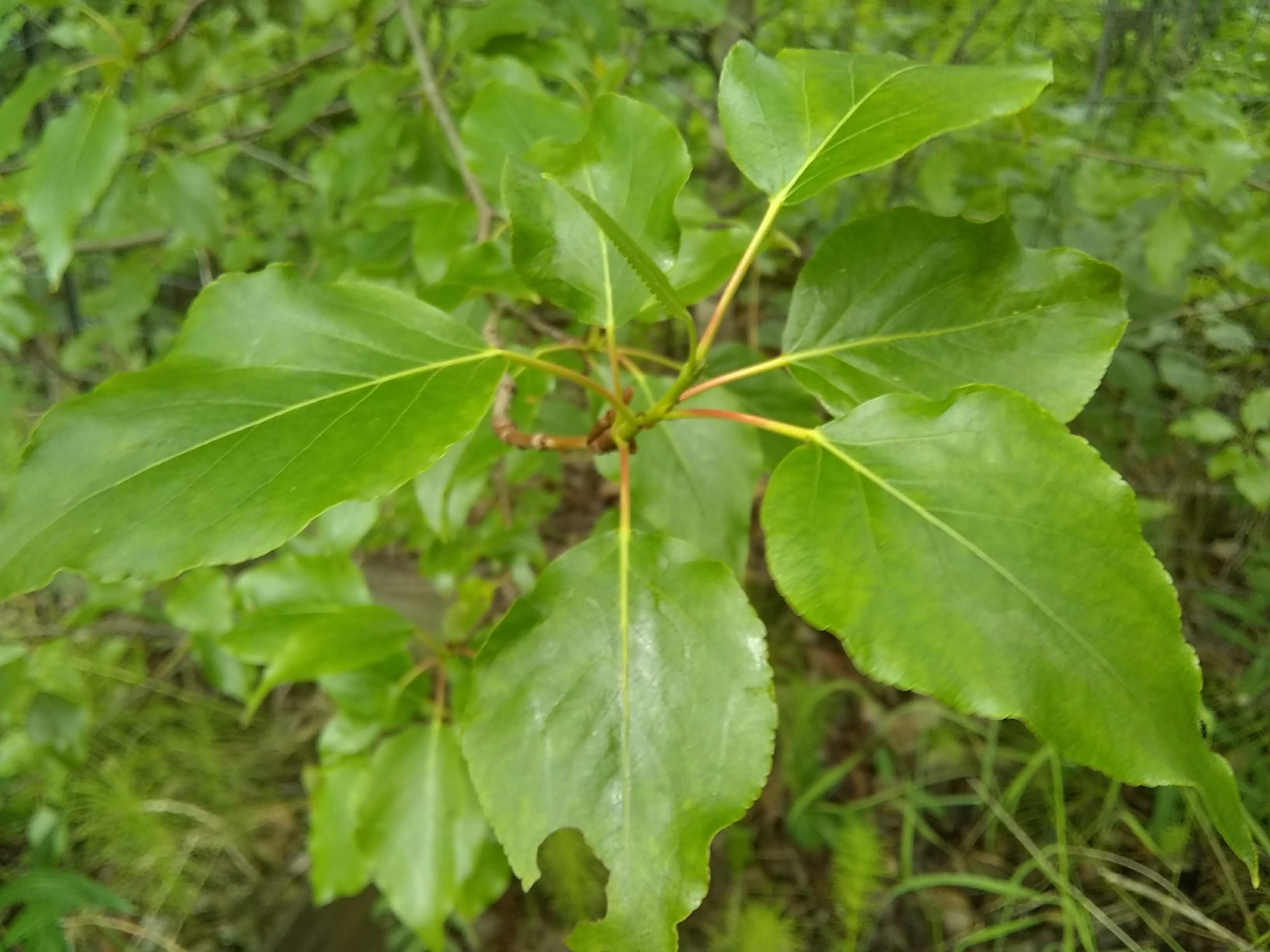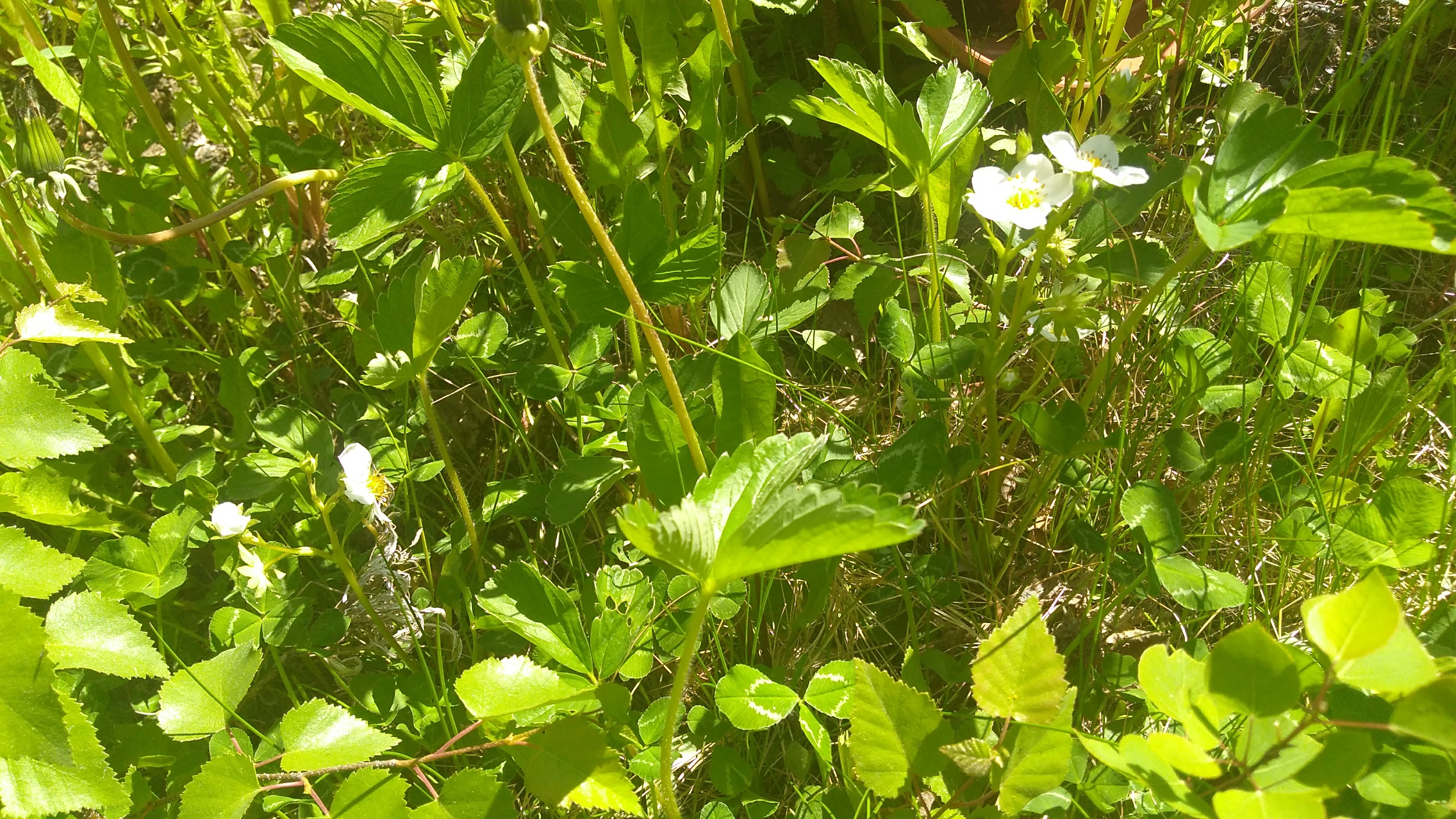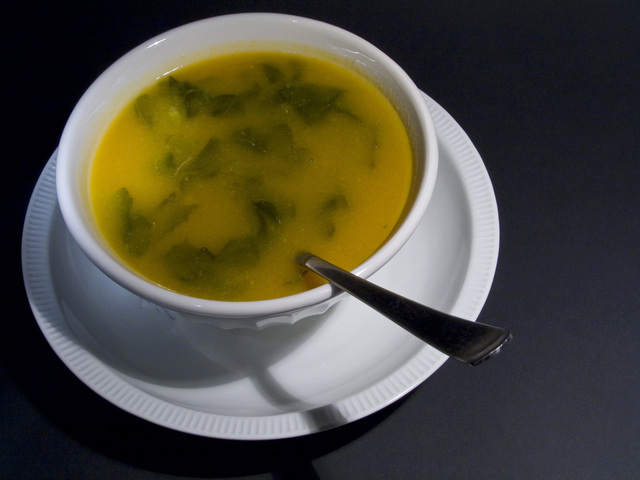Hey everyone,
I see a lot of headlines these days claiming that this herb or pill will solve all of your problems.
Nope.

I want to dispel this thought in my readers’ heads because it simply is NOT true.
Repeat after me. The human body is a complex organism that is not simply a machine. There are many factors that go into our health and well being. Therefore, there is no one single thing that can fix your health problems.
Optimal health is an ongoing process. Everyone is different and needs individualized care. That means that there is going to be some experimentation going on. My own health adventure has been just that, and adventure and a lot of reading to find things to try and tweak until I feel my best. It is still ongoing to this day. It will probably never stop.
Let’s go into why one herb is not going to solve all of your problems. Last week I dug into dandelions a little bit, as someone had asked me to. I even saw on Facebook one of those click baits claiming all of the miracles of dandelions (including curing cancer). While it is true that dandelions DO have a lot of health benefits and are promising in fighting SOME cancers, it is not a miracle herb.
First of all, the body is complex. Its needs are complex. There are a variety of vitamins and minerals that are needed. And if you’re deficient in one, for instance calcium, just taking a calcium supplement will not work. If you are deficient in calcium, you are most likely also deficient in either Vitamin A, D, or K2. Why, you might ask? Because those three vitamins help your body absorb calcium. Think of them like the taxis that take the calcium where they need to go. Are you low on iron or anemic, make sure you’re taking enough vitamin C with it. Feeling less energetic than usual, try the entire vitamin B complex, not just B-6 or B-12 (which is what you most often hear). These are just a few examples on how vitamins and minerals work with each other – there are countless others.
In the same respect, all illnesses are not the same, nor do they react the same in each person. Take cancer for instance. There are so many different types: breast, prostate, leukemia, ovarian, and melanoma just to name a few. Each of these cancers has a different pathology. Not only that, how the pathology of say, colon cancer, presents itself in one person will not be the same in another. The reason for this is that each person is different. While certain illnesses behave similarly, people will not react to each illness nor treatment the same. This is why treatment needs to be individualized and I am excited to see where DNA treatments come into play in the future.
On another note, taking certain supplements every single day can overload your body and cause vitamin or mineral toxicity. However, vitamin D (PDF) is extremely hard to actually overdose on, even if you’re taking supplements. I generally take probiotics and vitamin D daily and add a multivitamin and a couple of other supplements I find helpful to my specific situation during the four days that I work. It will probably not stay that way forever as I try new things.
The thing is, if you have a sound diet, you will not need a ton of extra vitamins. However, if you’re under extra stress, don’t have time to cook or eat the diet that is best for you, or traveling, supplements can definitely help.
My point is that finding optimal health for anyone is not a simple process, takes some calculated (with some professional help) experimentation, and one thing will not cure all.




